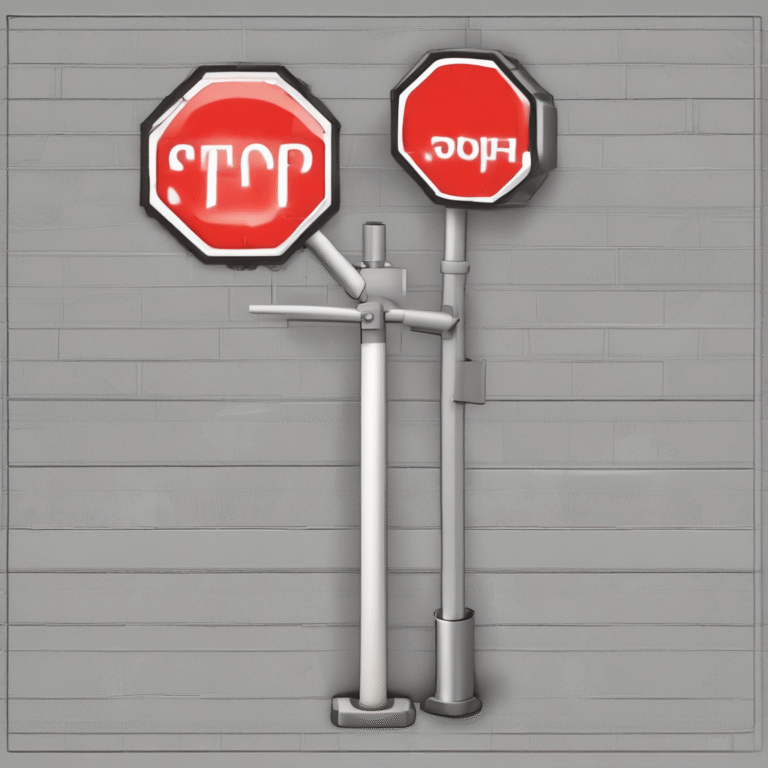Draghi Calls for a Pause to the AI Act to Assess Risks
Former Italian Prime Minister Mario Draghi has urged a halt to the European Union’s regulations concerning Artificial Intelligence (AI) to evaluate potential drawbacks. Speaking at a conference on September 16, 2025, he addressed the progress of the European Commission in implementing recommendations from his pivotal 2024 report.
The AI Act: Current Status and Concerns
The AI Act, which came into effect in August 2024, is designed to regulate AI systems based on the risks they pose to society. The act categorizes AI systems into varying levels of risk, from minimal to high, with strict compliance measures for higher-risk systems and prohibitions on what are deemed ‘unacceptable-risk’ systems.
Draghi expressed that while initial implementations of the AI Act have been relatively smooth, with major developers signing codes of practice, the next phase—focused on high-risk AI systems in critical areas such as healthcare and infrastructure—requires careful consideration. He advocated for a pause in the implementation of this phase until a clearer understanding of its potential risks is established.
Industry Reactions and Calls for Delays
Draghi’s call for a pause aligns with requests from over 40 European CEOs, including leaders from companies like ASML, Philips, and Siemens, who earlier this year sought a ‘two-year clock-stop’ on the AI Act. They argued that this delay would facilitate a more reasonable implementation and simplification of the regulations.
Concerns have also arisen regarding provisions on general purpose AI (GPAI), such as ChatGPT and Gemini, due to insufficient guidance from the Commission for providers. Several companies, including Google, have requested a grace period to comply with the voluntary code of practice on GPAI.
Compliance Oversight and Future Legislation
As the implementation of the AI Act progresses, uncertainty looms regarding which authorities in EU member states will oversee compliance. The Commission has yet to publish a definitive list of regulators responsible for enforcement.
Meanwhile, the EU’s tech chief, Henna Virkkunen, announced a forthcoming digital omnibus package expected in December, which aims to review all existing tech legislation. This package could alleviate burdens on companies by easing certain reporting and transparency obligations, including those related to the AI Act.
Concerns Over Deregulation
In July, more than 50 organizations raised alarms against reopening or delaying the AI Act, emphasizing that such actions might weaken vital accountability mechanisms. They warned that the EU’s ‘simplification’ agenda should not lead to deregulation, particularly in the absence of credible evidence necessitating such measures.
Broader Implications and Future Directions
Draghi’s remarks also touched on the EU’s 2035 deadline for zero tailpipe emissions, criticizing the unrealistic targets based on outdated assumptions about the automotive sector’s progress. He noted that the electric vehicle market has not expanded as anticipated and called for a review of CO₂ emissions regulations to adopt a more technologically neutral approach.
He stressed that Europe’s ability to align regulation, infrastructure, and supply chain development would be tested in the coming months, emphasizing the need for enhanced integration among member states.
In closing, Draghi highlighted the necessity for Europe to adopt a more cohesive strategy, advocating for the consideration of common debt for joint projects to foster productivity and innovation. He warned that without a fundamental shift in its economic model, Europe risks falling behind in the global landscape.









